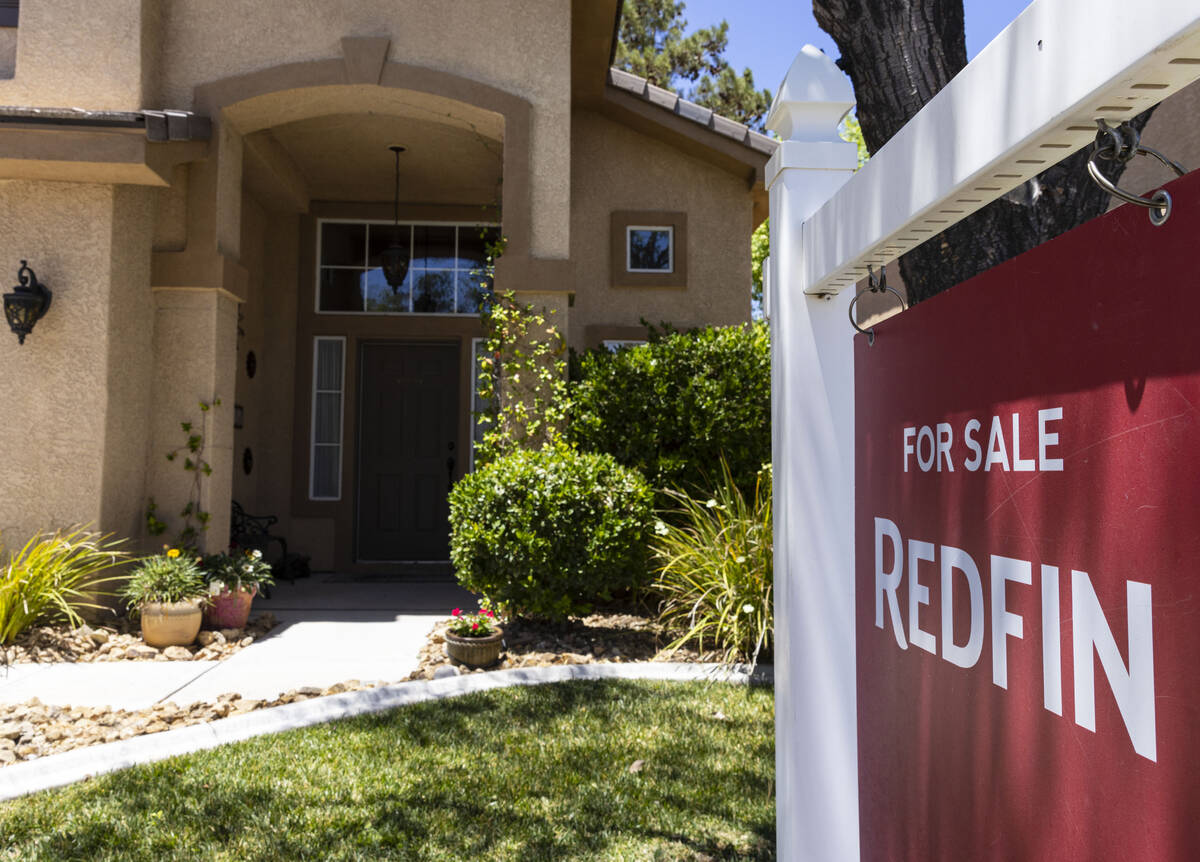NEVADA VIEWS: Rent control will hurt average Nevadans
As the owner of a property management company and a real estate investor, I adamantly oppose rent control. Those in favor might say, “Of course you do.” They might accuse me of seeking to get rich off the backs of blue-collar, middle- and lower-class working people. But they’d be wrong.
I immigrated to this country from Sri Lanka when I was 22. My determination and work ethic are what got me where I am today. It is the same determination I see in the landlords who hire my company to manage their properties. And to continue the unmasking, I’m also a Democrat. Rent control is not a partisan issue. It is an economic one.
Rent-control policies, often promoted as a remedy for rising housing costs, produce unintended consequences, including squeezing the very backbone of local real estate — mom-and-pop landlords, many of whom are in blue-collar, middle-class families.
For countless small-property owners, a modest rental home is more than just an investment. It is built over years of hard work and careful financial planning. These landlords often own fewer than five properties — and sometimes just one. According to a recent JP Morgan Chase report, there are 50 million residential rental units across the country, and more than 40 percent belong to mom-and-pop landlords. The goal of these landlords is supplemental income. Yet rental income must first be used to cover maintenance costs and property taxes as well as repairs and maintenance. When government policies impose strict rent controls, these families not only find their potential revenue streams capped but also struggle to cover costs.
As a property manager, I have a front-row view to the good, the bad and the ugly of being a small landlord. One recent “bad” was the impact of the rent moratorium implemented during the pandemic. This moratorium was designed to protect tenants during that challenging economic time — and for some it was much needed. But this measure inadvertently hurt middle-class real estate investors.
With rental income frozen or significantly reduced, many small landlords struggled to meet their financial obligations. The result was foreclosures, deferred maintenance, deteriorating property conditions and — in some cases — the forced sale or abandonment of cherished family assets. This not only undermined the financial stability of these landlords but also contributed to a decline in the overall quality and availability of rental housing.
I could tell story after story, but here are just a few examples:
A local woman who works at a Strip casino as a Culinary union housekeeper went months without receiving rent. A 67-year-old electrician nearly faced bankruptcy without rental reimbursements. A city bus driver had to postpone retirement. A terminally ill property owner who relied on rental income to support his family went 10 months without payments. And a young nurse from the Philippines who purchased her first investment home endured more than a year without rent. These are regular, everyday Nevadans, who don’t have huge nest eggs.
These and other landlords have worked hard to recover. As a community, we should applaud this and be grateful for the needed housing they provide.
My worry, though, is that their hard work will be in vain and that things could turn ugly. Last legislative session, rent control was proposed. Thankfully it was vetoed and never enacted, but I’ve heard rumors that it potentially could again be proposed.
Rent control benefits very few — and not necessarily those with the greatest need. When landlords cannot adjust rents to match market rates, the entire rental ecosystem suffers. Properties fall into disrepair, vacancies rise and the promise of a vibrant, sustainable rental market dims. Ultimately, some tenants may enjoy lower rents in the short term. But more will not, and Nevadans as a whole will witness a future with fewer available, well-maintained rental homes.
Sanje Sedera is president at Las Vegas Integrative Medicine, a broker/owner of Zenith Realty Group and a former commissioner of the Southern Nevada Regional Housing Authority.

















